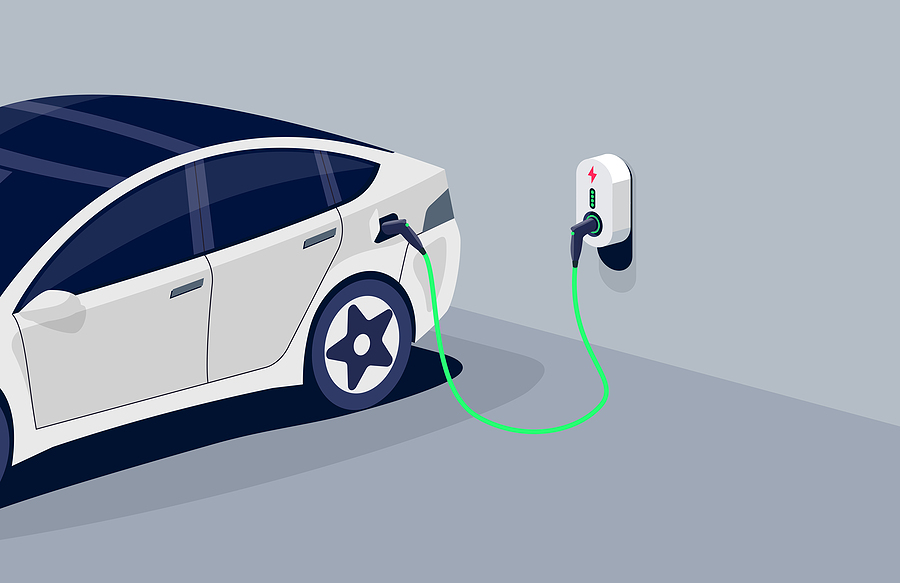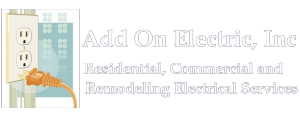Do You Need an EV Home Charger? – The Short Answer is Yes

The interest for electric vehicles increases along with time. As a result, you may be tempted to go ahead and get your own electric vehicle. Along with an electric vehicle, you should also get an EV home charger. But do you really need an EV home charger? Continue to read and we will share more details on it.
What does a home EV charger do?
Let’s define a home EV charger in more depth before getting into the specifics of home charging. Essentially, the phrase “home charger” refers to a specific home EV charging station.
Home EV chargers may come in a wide variety of forms, sizes, and capacities, but they all need to be professionally installed and have a unique connection to the meter box in your house that enables them to transmit far more power than a standard home outlet can.
As a result, EV home chargers will often charge EVs considerably quicker than just plugging into a conventional socket, albeit they fall short of the quickest commercial chargers used along highways since they need a much greater voltage than is typically present in a home context.
Do you really need a charging station for the electric car?
So, you may be wondering whether you need an EV home charger to charge your electric car at home. No, in a nutshell, but there are a few aspects to consider. To start, not everyone is capable of setting up their own home chargers. This may be the situation if you reside in a city or an apartment complex where having a parking place is not a guarantee. You can still buy an electric automobile even if you don’t have access to a charging station of your own.
Many EV owners can charge at work, but if that’s not an option for you, there are an increasing number of public charging stations where you may charge your car.
But even if you do have a parking spot of your own, the issue of whether you need a home charger to charge your electric vehicle at home still remains. The short answer is no, you can just put an EV into a standard outlet to charge it. However, an EV home charger offers increased security, practicality, and speed. Let’s examine how everything works in more detail.
Is it possible to charge an EV without an EV home charger?
You can, indeed. It is possible to charge an EV without a home charger, and often all you need is the cord that was included when you bought the car. The only thing you can do is connect your automobile into a regular socket. However, this method has its drawbacks, is not recommended for everyday usage, and may even be dangerous.
A normal outlet does not specifically safeguard against overloading your home’s electrical circuit and may not be able to withstand the high loads associated with charging an EV.
Using extension cables may make this situation worse since many of them are not designed to handle the amount of electricity needed to charge an EV, creating a risk of fire. This is a typical issue, since almost 3 out of 4 EV drivers in the UK confessed to charging their vehicles inside using household multi-socket extension cables that were not designed for outdoor usage. Some even linked several extension cords together to form a daisy chain for greater reach or left them outside in the rain.
Although using an extension cable to charge your automobile could seem more convenient and less costly, you should never underestimate the risks associated with electricity. In comparison, charging your automobile at home without an EV charger may be quite time-consuming.
To give you an idea of how long it takes to charge an EV without a home charger, it takes a midsize EV with a 50 kWh battery roughly 24 hours to charge it to 80%. This might be an issue since, particularly when a long journey is approaching, you might not be able to gain enough range by charging overnight.
What are the advantages of using an EV home charger to charge your car?
How then is a home EV charger different from charging from a regular outlet if it isn’t a great solution over the long term? Although EV home chargers may have a variety of characteristics, their primary advantages are charging speed, safety, and flexibility. Below, we’ll take a closer look at each.
An EV home charger makes it quicker to charge an EV at home
A home EV charger may provide an EV with substantially more power since it has a specific connection to the meter box, which translates to quicker charging. EV home chargers may produce either 7.4, 11, or 22 kW, in contrast to a typical house outlet’s output of 2.3 kW.
A home EV charger may charge an EV up to 15 times quicker than a conventional outlet, depending on your requirements, your vehicle, and the electrical infrastructure in your house. It will charge an EV up to three times faster than a regular outlet.
The table below compares charging durations at various power outputs for small, medium, and big EVs to give you an understanding of how this additional power translates into quicker charging. Overall, a medium-sized EV may be charged overnight with even the slowest home EV charger (at 7.4 kW), and quicker home EV chargers can significantly reduce this time. Of course, the amount of time it takes to fully charge a battery depends on the battery capacity and varies greatly across cars. For perspective, the typical size of an electric vehicle battery nowadays is 64 kWh.
Time required to charge the battery from 20% state of charge (SoC) to 80% SoC. Only for illustration’s sake: does not depict the precise charging durations, and certain cars won’t be able to handle particular power inputs.
It is safer to use an EV home charger to charge at home
Of course, there are other important factors to consider when choosing a home charger, like speed. Due to how energy-intensive EV charging is, it may easily overtax your home’s electrical system and result in a power outage.
By having a separate connection from your meter box, a home charger mitigates this by allowing it to securely draw greater loads without overloading your circuit or tripping your breakers. In contrast, home charging stations are designed to work outside and can survive weather conditions including rain, snow, and wind without endangering the user’s safety.
You can have more options when charging your EV at home
An EV home charger is more adaptable and may provide better convenience in addition to speed and safety since it was created expressly for EV charging. One such function is connection, which is offered by many EV home chargers and is even mandated in certain nations.
A number of advantages are unlocked by connected EV home chargers, including the ability to remotely monitor and control charging sessions often via a smartphone app. The ability to receive insights about charging on factors like energy usage and charging prices. Last but not least, a linked home charger might often get automated software upgrades that enable remote feature addition, problem fixes, and troubleshooting.
Additionally, a connected EV home charger may contain a number of smart charging functions, such as dynamic load balancing, which may dynamically divide the network’s capacity between your EV and other appliances.
Vehicle-to-house, or V2H, is a further smart charging technology in development that will allow your EV to serve as a temporary source of power for running your home. Although there are now techniques to use solar electricity to charge your EV, V2H will significantly improve solar energy integration.
What EV home charger is the best for my electric car?
There are a few practical factors to consider when choosing an electric vehicle charger for your house. As was already said, there are several home charger types available from various manufacturers, each with unique features, charging rates, and of course, pricing. How do you choose which is best for you, then?
The ideal home charger ultimately relies on your requirements, tastes, and financial situation. A typical rule of thumb is that an EV charger will cost more to purchase and install if it has more functions and greater power. The electrical system in your house may also limit the charger’s maximum power, so it’s a good idea to check with a specialist beforehand.
A connected EV home charger is a good choice because of its upgradeability if you want to future-proof your installation. Features are another crucial consideration to consider. A smart charger with solar integration capabilities may be the ideal option if you decide to combine your EV charging with solar panels on your roof.
There is no one-size-fits-all best EV home charger since it will always rely on your individual demands, tastes, and financial and geographic constraints.
Not to mention your vehicle; even the quickest charger in the world is limited by the capabilities and restrictions of your vehicle. We’ve created a useful (and free) web tool where you can check the charging specs of your electric vehicle to offer you a clear perspective.
While not technically required, home charging stations provide a far safer, quicker, and more practical alternative to ordinary outlets for charging your electric vehicle at home. These advantages have been covered in this post, along with tips on how to choose the ideal EV home charger for your needs.
You may be thinking about installing a home charger now that you know more about what it is. To discover more about installation, safety, and charging speeds, see our comprehensive guide to home chargers.
